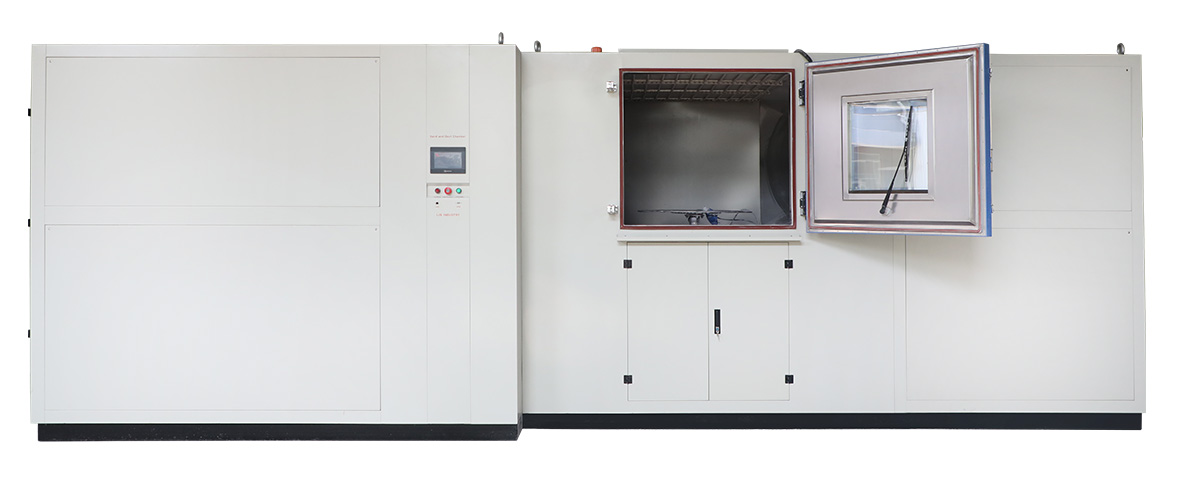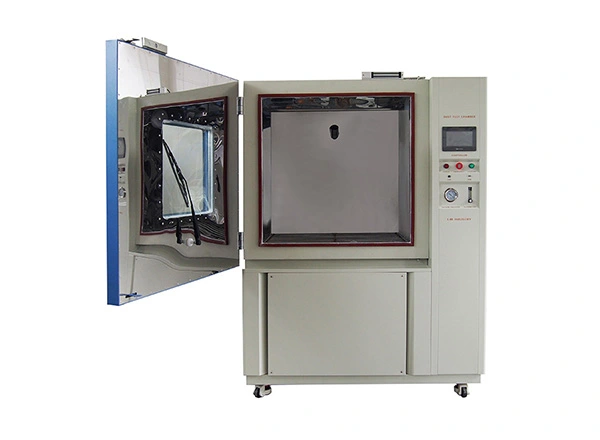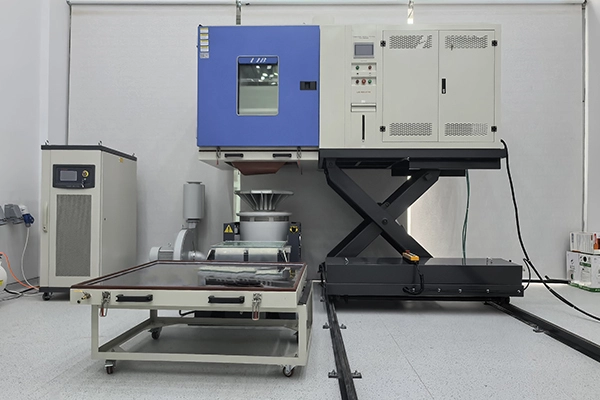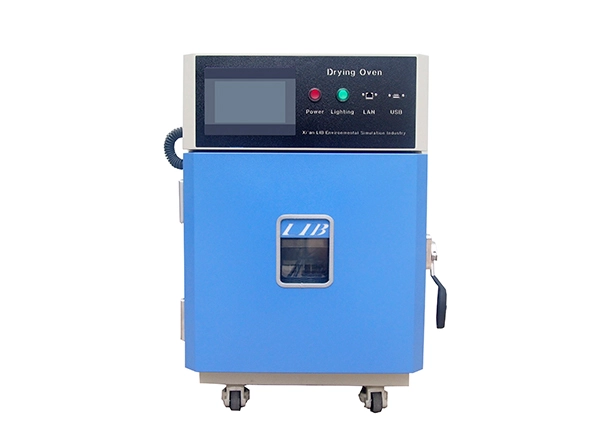

Windblown sand is a natural phenomenon that can have significant consequences on various environments, from deserts to coastal regions. The movement of sand by wind not only shapes landscapes but also affects ecosystems, human activities, and infrastructure. To better understand these impacts, researchers utilize blowing sand test chambers, which simulate the conditions of windblown sand in a controlled environment.
The blowing sand test chamber is specialized facility designed to replicate the dynamics of wind and sand movement. These chambers allow scientists to study the interaction between wind velocity, sand grain size, and environmental factors in a controlled setting. By adjusting variables such as wind speed and sand composition, researchers can observe how different conditions affect sand transport and deposition.
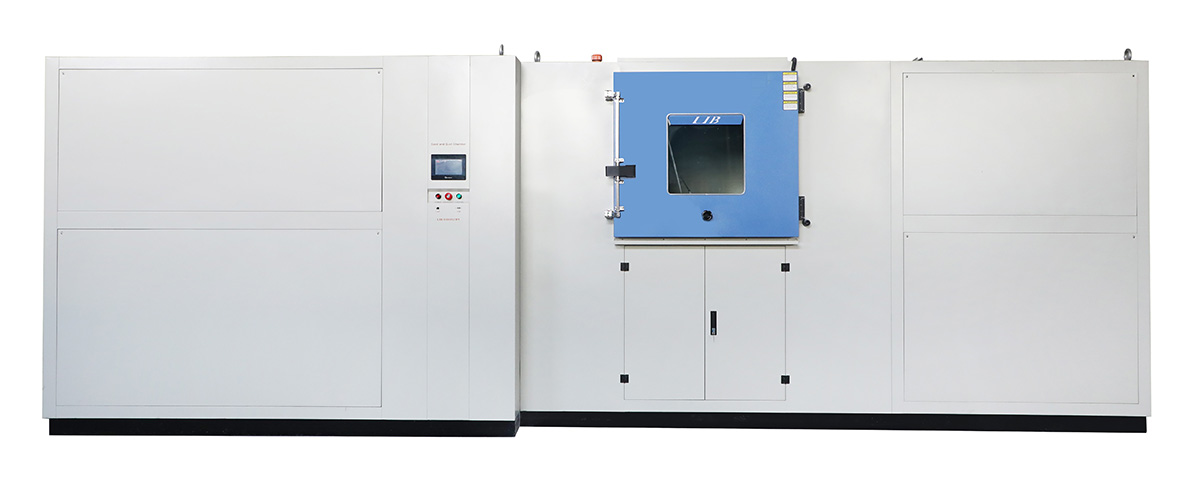
1. Controlled Environment: The chambers provide a regulated environment where variables can be manipulated to observe specific outcomes. This control enables precise measurements and repeatable experiments.
2. Realistic Simulations: Modern blowing sand test chambers are equipped with advanced technology to simulate natural wind patterns and sand movement accurately. This realism is crucial for obtaining relevant data.
3. Data Collection: As a type of dust proof test chamber, these chambers are often fitted with sensors and cameras to collect data on sand transport rates, erosion patterns, and the effects of sand on surfaces. This data is invaluable for understanding the broader impacts of windblown sand.
1. Erosion Patterns
One of the primary insights gained from blowing sand test chambers is the understanding of erosion patterns caused by windblown sand. Experiments can reveal how different surfaces, such as vegetation or man-made structures, interact with sand movement. This knowledge helps in designing effective erosion control measures in vulnerable areas.
2. Impact on Vegetation
Windblown sand can have detrimental effects on vegetation, particularly in arid regions. Studies conducted in test chambers have shown how sand abrasion can damage plant leaves and hinder growth. Understanding these effects is essential for developing strategies to protect and restore vegetation in sandy environments.
3. Infrastructure Vulnerability
The impact of windblown sand on infrastructure is another critical area of research. Blowing sand test chambers allow engineers to assess how different materials and designs withstand sand erosion. This information is vital for constructing buildings, roads, and other structures in sandy regions, ensuring they can endure harsh conditions.
4. Climate Change Implications
As climate change alters weather patterns, the dynamics of windblown sand may change as well. Research in blowing sand test chambers can help predict how increased wind speeds and changing precipitation patterns will affect sand transport and deposition in the future. This knowledge is crucial for environmental planning and management.
LIB Industry Blowing sand test chambers play a vital role in advancing our understanding of windblown sand and its impacts on the environment. By providing a controlled setting for experimentation, these chambers offer valuable insights into erosion patterns, vegetation responses, infrastructure vulnerability, and the implications of climate change. As we continue to study windblown sand, the findings from these test chambers will be essential for developing strategies to mitigate its effects and protect both natural ecosystems and human-made structures. Understanding the intricacies of windblown sand is not only important for scientific knowledge but also for practical applications in environmental management and urban planning.
 English
English русский
русский français
français العربية
العربية Deutsch
Deutsch Español
Español